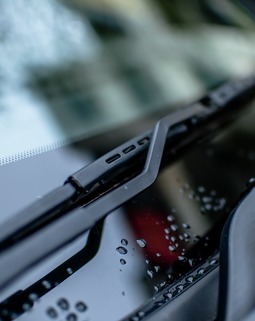Your car battery is a vital component without which the vehicle simply cannot operate. Therefore, it is essential to provide it with proper care and know how to act if it suddenly fails and needs to be 'revived'. It is essential to know the symptoms that may occur in your vehicle's battery, since these indicate the need for a replacement or, at least, a review by a professional. Here are some key indicators:
Unusual Smell: If you notice a strange smell coming from the battery, there may have been an acid spill. Not only does this spill give off an unusual odor, but it can also pose a potential hazard to engine components. In this case, it is highly recommended to consider replacing the battery.
Difficulty Starting: If you experience problems starting your vehicle's engine and need to turn the key repeatedly to do so, the battery is likely to blame. In this situation, it is advisable to schedule a check, since the battery could be the cause of the failure.
Swollen Battery: In some cases, the battery can swell, a phenomenon that you may have observed in other types of batteries, such as those in smartphones when they approach the end of their useful life or suffer damage. If you detect this sign, it is prudent to take the battery to a professional, as it will likely need to be replaced.
Battery Warning Light on the Dashboard: Sometimes, the symptoms mentioned may not appear, but your car's system will alert you to battery problems by turning on the corresponding warning light on the dashboard. When this indicator comes on, it is advisable to take the car to an expert for a proper check.
In addition, there are tips you can follow to prolong the life of your battery, although its average duration is approximately 4 years:
- Park your vehicle in a shaded location whenever possible, especially in hot climates, to reduce the chance of acid spills due to heat.
- Avoid using the radio and lights when the engine is off.
- Do not plug in electronic devices before starting the car, as this could drain the battery.
- Avoid short trips, as the vehicle's alternator needs time to charge the battery properly, which prolongs its life.





